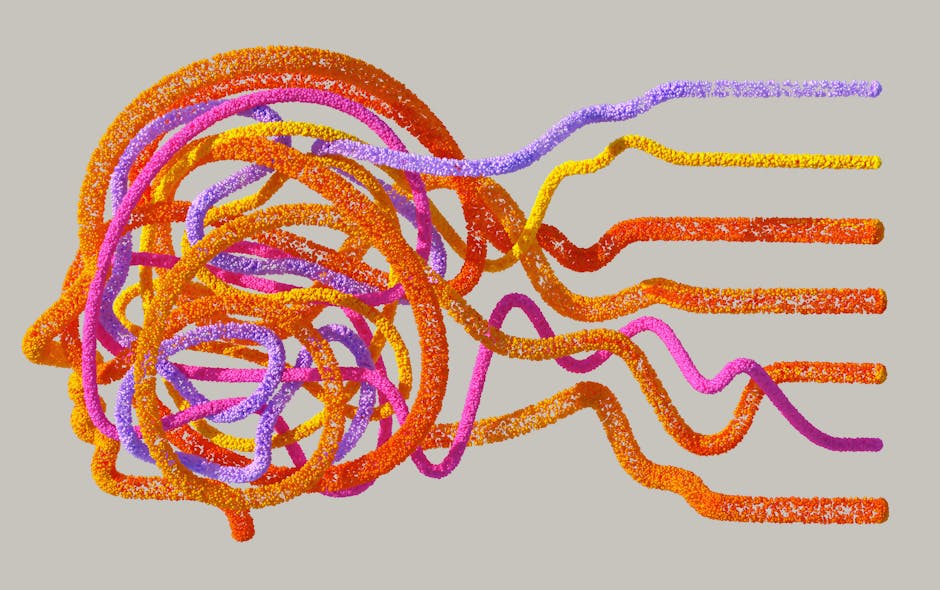Introduction: A New Era of Algorithm Discovery
For decades, developing efficient algorithms has been a cornerstone of scientific and technological progress. The process is often arduous, requiring deep expertise and countless hours of refinement. However, Google DeepMind is challenging this paradigm with AlphaEvolve, a revolutionary AI system that autonomously generates, tests, and evolves computer code to solve complex problems. This innovative system leverages the power of Gemini large language models combined with evolutionary algorithms, representing a monumental leap in automated algorithm discovery and optimization.
Understanding AlphaEvolve: A Paradigm Shift in AI
Unlike traditional AI tools that merely assist programmers, AlphaEvolve functions as an agentic system. It actively explores potential solutions, rigorously evaluates their performance, and iteratively refines them, all without direct human intervention. This unique approach holds immense potential to accelerate progress across numerous fields, from mathematics and computer science to materials science and drug discovery.
The Core Components of AlphaEvolve
Let’s delve into the specific mechanisms that power AlphaEvolve. The system’s workflow comprises three principal components, working in concert to discover and optimize algorithms:
Idea Generation: Unleashing Creative Code Variations
The process begins with Idea Generation, where AlphaEvolve rapidly generates a multitude of code variations for a given problem. The system cleverly leverages different Gemini models for distinct purposes. Gemini Flash is employed for the initial rapid exploration of the solution space, creating a wide range of possibilities. Subsequently, Gemini Pro is utilized for the in-depth refinement of these initial ideas, ensuring higher-quality and more promising code variations. This dual-model approach enables efficient exploration while maintaining a high standard for the generated code.
Automated Evaluation: Rigorous Testing for Optimal Performance
Once a substantial number of code variations have been generated, they undergo Automated Evaluation. This critical stage involves rigorous testing of each candidate algorithm using specialized digital evaluators. These evaluators meticulously score the performance of each algorithm against user-defined metrics or established real-world benchmarks. This provides quantitative data about the effectiveness of each potential solution, forming the basis for the evolutionary process.
Evolutionary Loop: Iterative Refinement Towards Excellence
The heart of AlphaEvolve lies in its Evolutionary Loop. This iterative process involves retaining the best-performing algorithms, using them to generate new code variations, and discarding less effective ones. Over time, this cycle leads to a population of algorithms that increasingly approach optimal solutions, much like natural selection drives biological evolution. This continuous refinement allows AlphaEvolve to surpass the capabilities of traditional coding methods.
AlphaEvolve in Action: Tangible Results Across Google
The potential of AlphaEvolve isn’t just theoretical; it has already yielded impressive, demonstrable results within Google’s infrastructure. Let’s examine some specific examples of how this system has impacted various areas of operations.
Breaking Records in Computational Mathematics
One of AlphaEvolve’s most remarkable achievements is the discovery of a more efficient matrix multiplication algorithm. This breakthrough shattered a 56-year-old record and represents a significant advancement in the field of computational mathematics. This isn’t just a marginal improvement; it’s a fundamental leap forward in how these essential computations are performed.
Optimizing Google’s Borg Cluster Management System
Google’s Borg is a global cluster management system, and even small improvements can have a massive impact at such a scale. AlphaEvolve developed a new scheduling heuristic for Borg, resulting in a 0.7% improvement in resource utilization. This may seem modest, but at Google’s scale, this translates into significant cost savings—millions of dollars annually. It highlights the power of even incremental gains in efficiency.
Accelerating AI Training and Improving TPU Performance
AlphaEvolve’s impact extends to hardware optimization as well. It was used to optimize hardware-level designs for Google’s Tensor Processing Units (TPUs)**, resulting in a 1% acceleration of AI training through faster matrix operations. Furthermore, the system reduced GPU runtimes for Transformer models by over 30% by refining compiler-generated code. These enhancements significantly reduce the computational resources required for training cutting-edge AI models.
Tackling Mathematical Challenges
Beyond its internal applications, AlphaEvolve has also made strides in mathematics, tackling longstanding challenges. It has discovered new, more efficient algorithms for geometry, combinatorics, and number theory, pushing the boundaries of mathematical understanding and problem-solving. This demonstrates the system’s ability to contribute to fundamental scientific discoveries.
Beyond Google: Future Applications and Broader Impact
The potential of AlphaEvolve extends far beyond Google’s internal operations. The system is currently being prepared for broader use, with academic early access programs planned. This will allow researchers outside of Google to explore the system’s capabilities and apply it to their own research questions.
Potential Applications Across Diverse Fields
The system’s general-purpose architecture means it can be applied to any domain where solutions can be expressed and verified algorithmically. This opens up exciting possibilities in fields such as:
- Material Science: Discovering new materials with desired properties.
- Drug Discovery: Optimizing drug candidates and predicting their efficacy.
- Sustainability: Developing more efficient renewable energy systems.
The versatility of AlphaEvolve is one of its most compelling features, suggesting a wide range of potential applications across numerous industries.
Conclusion: A New Era of Discovery and Optimization
AlphaEvolve represents a paradigm shift in AI-driven research and engineering. By seamlessly integrating generative LLMs, automated evaluation, and evolutionary search, the system not only matches but often surpasses human experts in algorithm design. This leap in autonomous discovery and optimization is expected to transform both scientific inquiry and the efficiency of large-scale computing systems, marking a new era in the relationship between AI and human problem-solving. The future promises a world where complex problems are tackled with unprecedented efficiency, powered by the innovative capabilities of systems like AlphaEvolve.




Leave a Reply
You must be logged in to post a comment.